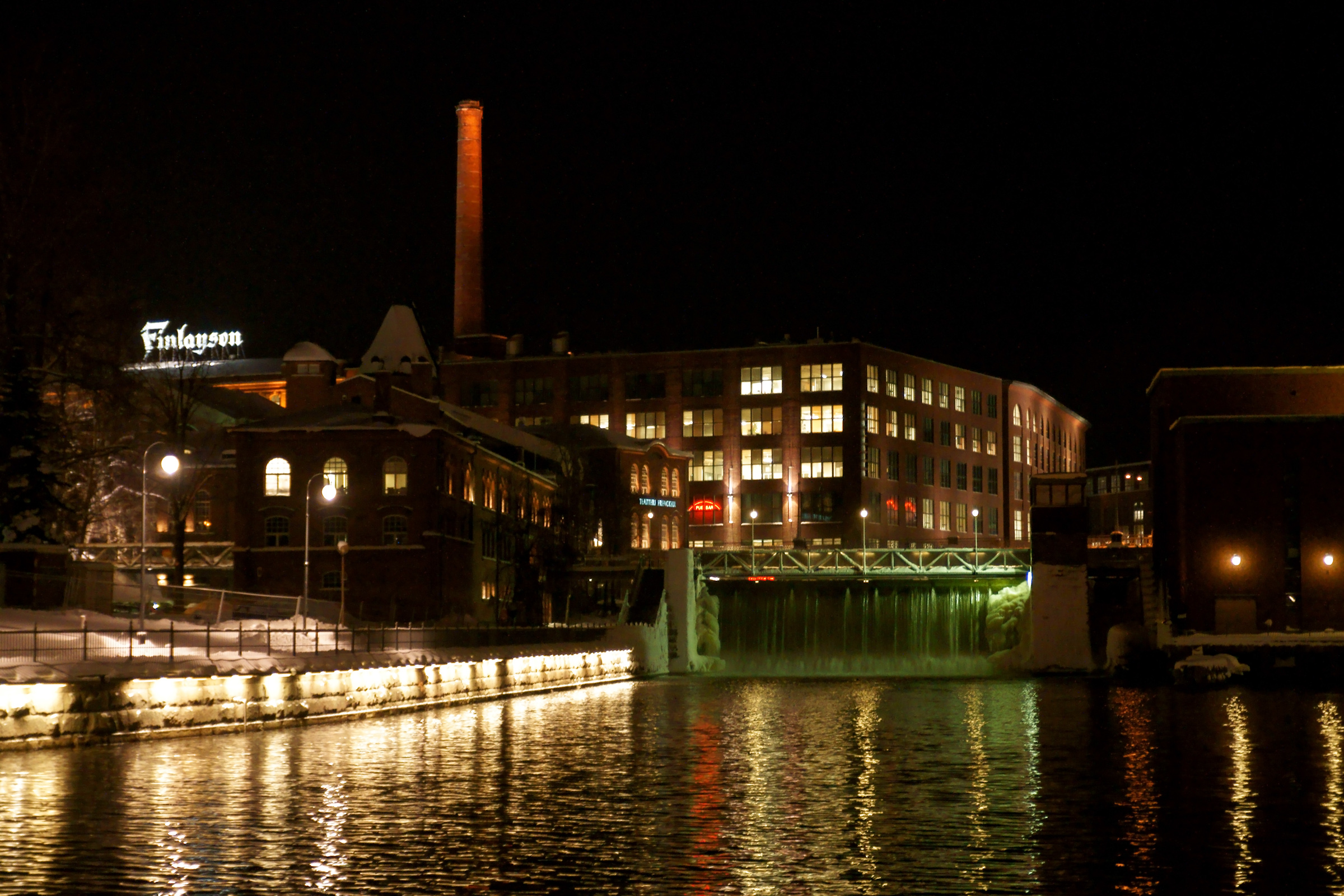Industrial cities on:
[Wikipedia]
[Google]
[Amazon]

 An industrial city or industrial town is a town or city in which the municipal economy, at least historically, is centered around industry, with important factories or other production facilities in the town. It has been part of most countries'
An industrial city or industrial town is a town or city in which the municipal economy, at least historically, is centered around industry, with important factories or other production facilities in the town. It has been part of most countries'

industrialization
Industrialisation ( alternatively spelled industrialization) is the period of social and economic change that transforms a human group from an agrarian society into an industrial society. This involves an extensive re-organisation of an econo ...
process. Air pollution
Air pollution is the contamination of air due to the presence of substances in the atmosphere that are harmful to the health of humans and other living beings, or cause damage to the climate or to materials. There are many different type ...
and toxic waste
Toxic waste is any unwanted material in all forms that can cause harm (e.g. by being inhaled, swallowed, or absorbed through the skin). Mostly generated by industry, consumer products like televisions, computers, and phones contain toxic chemi ...
have contributed to the lower life expectancy
Life expectancy is a statistical measure of the average time an organism is expected to live, based on the year of its birth, current age, and other demographic factors like sex. The most commonly used measure is life expectancy at birth ...
in some industrial cities. Industrial cities are distinguished from port cities or other transportation hub
A transport hub is a place where passengers and cargo are exchanged between vehicles and/or between transport modes. Public transport hubs include railway stations, rapid transit stations, bus stops, tram stops, airports and ferry slips. F ...
s, which deal in services.
In the United States, which had much sparsely populated land, the industry typically preceded the town; the town grew up around a factory, mine, or source of water power. As the industry grew, and it and its employees needed goods and services, the town grew with and often around it, until in some cases the town became a city. It is a capitalistic and typically unplanned expansion. Examples are Scranton, Pennsylvania
Scranton is a city in the Commonwealth of Pennsylvania, United States, and the county seat of Lackawanna County. With a population of 76,328 as of the 2020 U.S. census, Scranton is the largest city in Northeastern Pennsylvania, the Wyoming V ...
, and the mill towns
A mill town, also known as factory town or mill village, is typically a settlement that developed around one or more mills or factories, usually cotton mills or factories producing textiles. Europe
Italy
* ''Crespi d'Adda'', UNESCO World He ...
of New England
New England is a region comprising six states in the Northeastern United States: Connecticut, Maine, Massachusetts, New Hampshire, Rhode Island, and Vermont. It is bordered by the state of New York to the west and by the Canadian provinces ...
. In countries with strong central planning, such as China
China, officially the People's Republic of China (PRC), is a country in East Asia. It is the world's List of countries and dependencies by population, most populous country, with a Population of China, population exceeding 1.4 billion, slig ...
, a city could be created on paper, and then industry found to locate there.
In Europe, where industries more frequently arose within existing cities, industrialization affected the internal structure of many of them. By the end of the nineteenth century the shape and functions of most cities, along with social relations, appeared fundamentally changed. Manchester
Manchester () is a city in Greater Manchester, England. It had a population of 552,000 in 2021. It is bordered by the Cheshire Plain to the south, the Pennines to the north and east, and the neighbouring city of Salford to the west. The ...
, England, is considered to be the archetype of the industrial city on the basis of Friedrich Engels
Friedrich Engels ( ,"Engels"
'' Chinese-speaking world Sinophone, which means "Chinese language, Chinese-speaking", typically refers to an individual who speaks at least one Varieties of Chinese, variety of the Chinese language. Academic writers often use the term Sinophone in two definitions: either ...
, the term "industrial city" refers to cities in which the municipal economy is led by heavy industries or the heavy industry is a significant impression of the city to people other than its local residents.
Many American industrial cities are located in the '' Chinese-speaking world Sinophone, which means "Chinese language, Chinese-speaking", typically refers to an individual who speaks at least one Varieties of Chinese, variety of the Chinese language. Academic writers often use the term Sinophone in two definitions: either ...
Great Lakes
The Great Lakes, also called the Great Lakes of North America, are a series of large interconnected freshwater lakes in the mid-east region of North America that connect to the Atlantic Ocean via the Saint Lawrence River. There are five lakes ...
region of the country, often referred to as the Rust Belt
The Rust Belt is a region of the United States that experienced industrial decline starting in the 1950s. The U.S. manufacturing sector as a percentage of the U.S. GDP peaked in 1953 and has been in decline since, impacting certain regions an ...
, referring to the declining industry and overall economy of many cities in the region.
References
{{reflist industrial cities Types of cities Types of towns Secondary sector of the economy